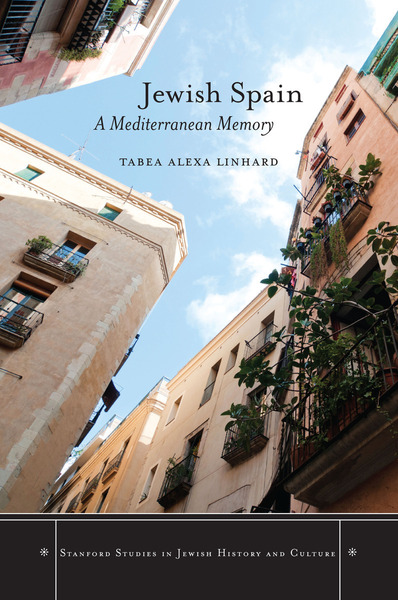
contact info:





What is meant by "Jewish Spain"? The term itself encompasses a series of historical contradictions. No single part of Spain has ever been entirely Jewish. Yet discourses about Jews informed debates on Spanish identity formation long after their 1492 expulsion. The Mediterranean world witnessed a renewed interest in Spanish-speaking Jews in the twentieth century, and it has grappled with shifting attitudes on what it meant to be Jewish and Spanish throughout the century.
At the heart of this book are explorations of the contradictions that appear in different forms of cultural memory: literary texts, memoirs, oral histories, biographies, films, and heritage tourism packages. Tabea Alexa Linhard identifies depictions of the difficulties Jews faced in Spain and Northern Morocco in years past as integral to the survival strategies of Spanish Jews, who used them to make sense of the confusing and harrowing circumstances of the Spanish Civil War, the Francoist repression, and World War Two.
Jewish Spain takes its place among other works on Muslims, Christians, and Jews by providing a comprehensive analysis of Jewish culture and presence in twentieth-century Spain, reminding us that it is impossible to understand and articulate what Spain was, is, and will be without taking into account both "Muslim Spain" and "Jewish Spain."